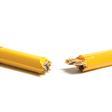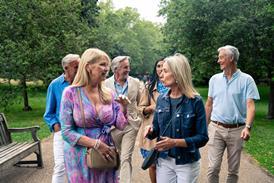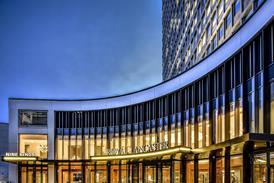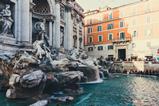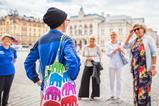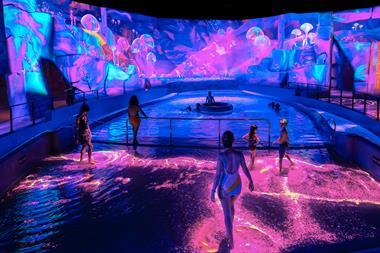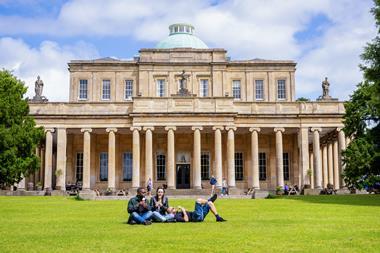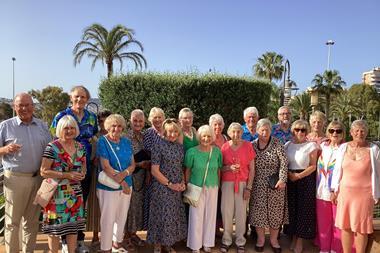The rise of ‘sleep tourism’, travel insurance fibs and why we should be cautious of using bots to plan group trips are all up for discussion for our opinionated organiser.
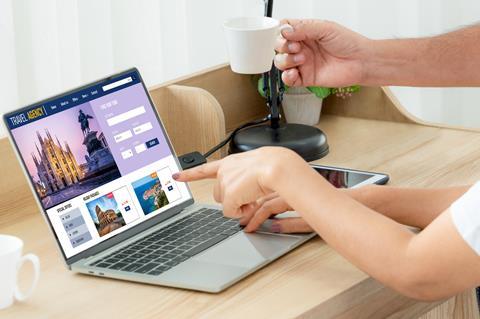
The use of Artificial Intelligence is up - but do we trust it?
Apparently, 8% of holidaymakers are now turning to artificial intelligence to plan their trips. That’s double last year — which sounds dramatic until you realise it’s still fewer people than those who rely on Aunt Carol’s Facebook recommendations. ABTA says this surge in AI-based travel planning is “both a challenge and an opportunity”, which is polite code for: we’re not sure whether to panic or cash in.
In other words, when it comes to safety, we still trust humans more than a chatbot – sense prevails…for now.
One enthusiastic traveller, Holly Hyde told the BBC, “I started using it in the last year or so, purely because I always liked using a travel agent.” Fair enough, but somewhere, a human travel agent just dropped their brochure in despair. Holly said she also used it to plan trips for friends wanting “somewhere with temperatures in the low-20s in early January” — proving AI can handle both meteorology and geography - bravo!
Still, she admits that when it comes to Costa Rica, she’d prefer “someone who knows somewhere inside out”. In other words, when it comes to safety, we still trust humans more than a chatbot – sense prevails… for now. AI might be able to suggest Spain or Greece, but until it can warn you that your ‘sea view’ is mainly looking over a car park or handle the nuances of group travel, I’ll stick with the experts in the trade who I know and trust.
Travel insurance - take it seriously
We need to talk insurance (sorry) because apparently a quarter of us don’t fully disclose our medical history when buying travel cover. Why bother, right? It’s not like falling ill abroad could possibly be expensive — unless you count the “astronomical” hospital bills, as one expert politely put it.
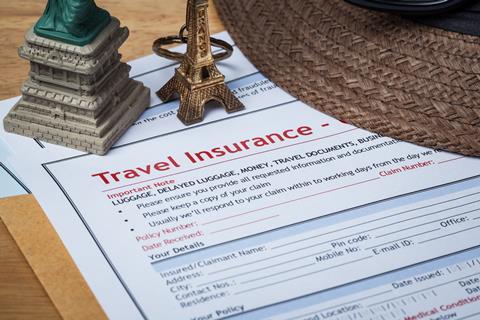
According to AllClear’s research, 21% of travellers with medical conditions say they’d risk going without cover altogether, while 30% would “buy the cheapest policy even if it excluded their condition.” That’s not budgeting — that’s asking for trouble.
Garry Nelson from AllClear warns: “Cutting corners on travel insurance to save a few pounds is a false economy.” He’s right, of course, but tell that to someone who thinks a sangria and a sun lounger are medical treatments. And let’s not forget the logic of those who skip insurance for short-haul trips — because clearly calamity only strikes beyond a two-hour flight. So yes, you could save £20 by lying about your blood pressure. But when you’re being airlifted at a cost of £25,000, don’t say you weren’t warned.
Calm-cations and pillow menus
I’ll be honest, the rise in words that end in ‘cations’ makes me grumpy. It’s taken me years to accept ‘staycations’. But I might have to draw the line at ‘calm-cations’, which was used in a story about holidays designed for… doing very little. Not sightseeing, not hiking, not being attached to social media every second — just sitting on a beach, staring at the ocean, and possibly reading a book without feeling guilty.
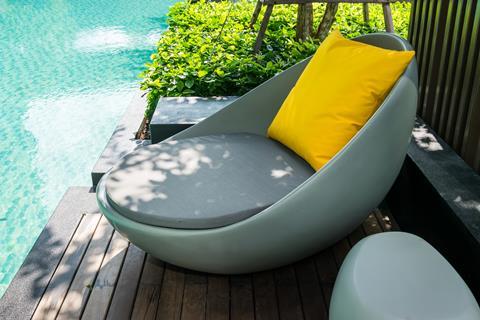
I like to get away from it all and relax, but there’s only so much of that I can do. I want to explore, see places, and have fun with my group. But it gets worse: sleep tourism is also on the rise. On the rise? I didn’t know it even existed – what a crock. Are we now saying we’re going to fork out for holidays that exist purely to let us nap? Do we want pillow menus, mindfulness courses and sensory aids, all in the name of getting some shut-eye?
50% of respondents to a survey organised by Confused.com said they’d try it. Maybe they didn’t understand the question. One wonders whether snoring is included in the itinerary (it always features in mine).
The views expressed in this column are not necessarily the views of the publisher.
